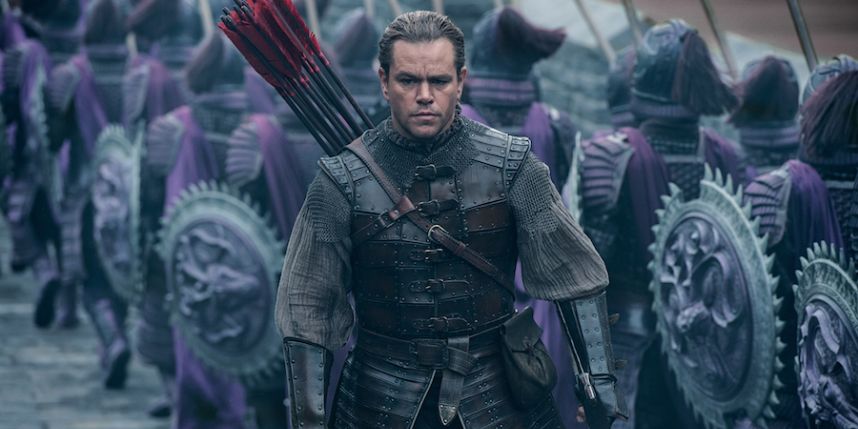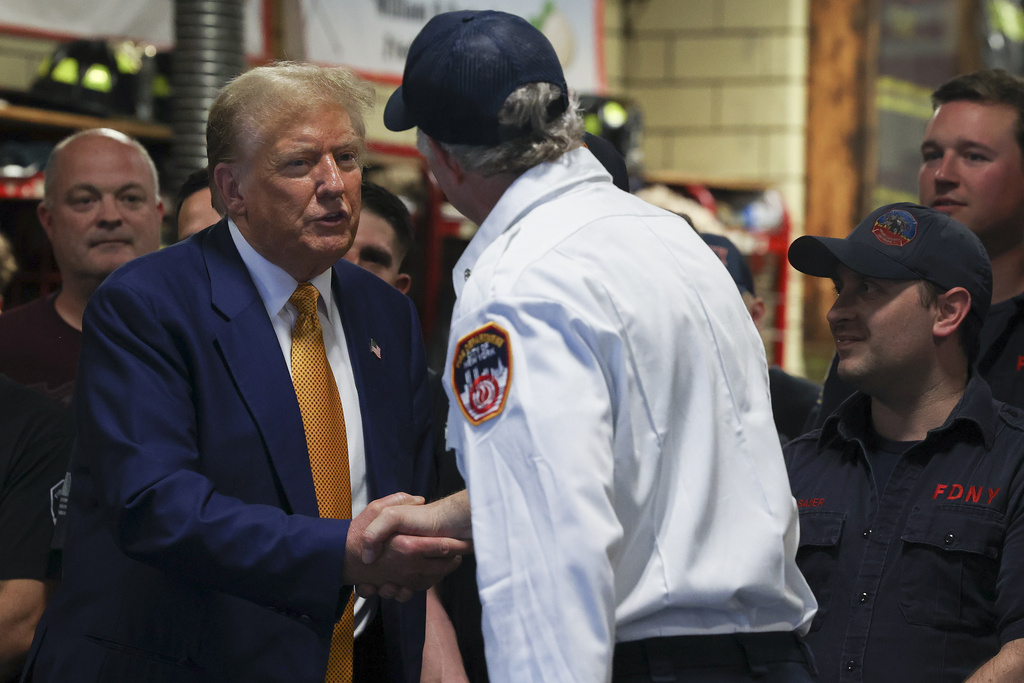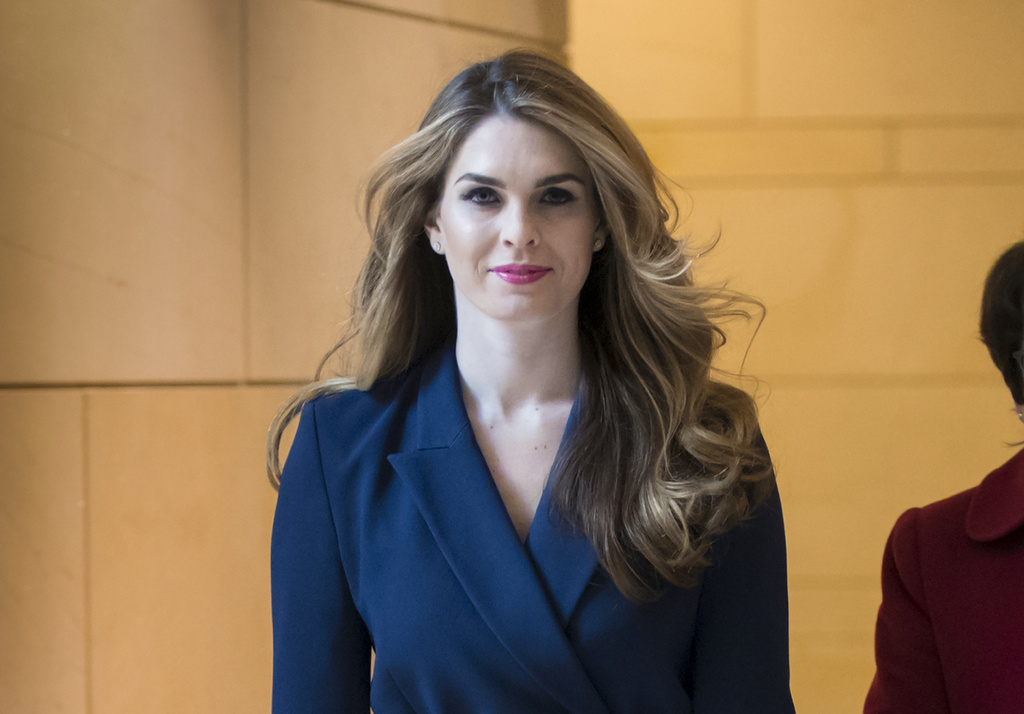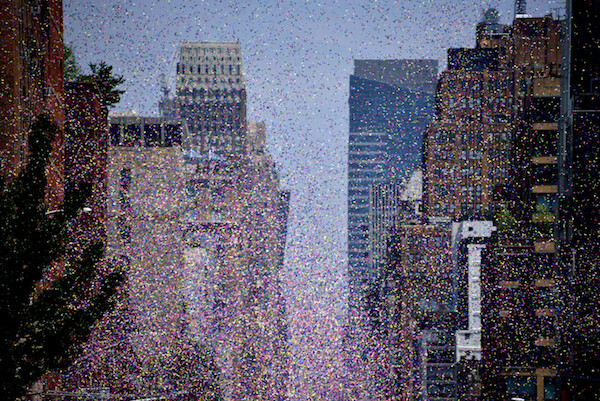Outrage culture means well. When the Internet pounces on, say, the white casts playing Egyptian characters in “Exodus: Gods and Kings” or “Gods of Egypt,” it’s sending a message to not do this again — even though we all know they will anyway. But sometimes outrage culture is simply wrong. Sometimes its proponents don’t have all the facts. Sometimes they’re operating on erroneous assumptions. And you know what happens when you assume: you make an ass of yourself and a $150 million movie. Such is the case with “The Great Wall.” When the first ads came out, touting Matt Damon’s name and bod over a vision of Ancient China, it made it look like America was doing more than nicking the Great Wall itself for our Mexican border. Constance Wu, of “Fresh Off the Boat,” tweeted that it perpetuated a “white savior” myth. She unleashed a hellfire of outrage posts (just Google them; there’s too many), which presumed Damon would come to the rescue of the lowly Chinese — or you know, whatever the film is about. No one really bothered with specifics. RELATED: It turns out “The Great Wall” is a big, dumb, awesome monster movie They should have because it turns out “The Great Wall” isn’t another tale of non-white Americans being saved by a white American. For one thing, it’s not a historical saga; it’s a big monster movie — essentially “Starship Troopers” circa the Song dynasty. And Damon’s character isn’t some hero who comes in to save them. He’s an ex-soldier, rogue and thief, in the wrong place at the wrong time. He reluctantly joins forces with them and only comes around by the ridiculously awesome hot air balloon climax. Not that they need him. Its portrayal of the Chinese army borders on nationalism. They have hordes upon hordes of capable soldiers, the individual subsumed into the collective. They have first-rate weaponry. They have super-explosive black powder and “screaming arrows,” for when someone needs to do hand-to-paw combat in thick fog. Soldiers bungee cord off the wall and slaughter beasties with their steel. They got this. Damon’s character merely helps out. He’s absorbed into the culture, not leading it. He doesn’t even [SPOILER] save the day; that duty goes to Tian Jing’s fiery, capable, badass commander. That the many posting irate pieces about “The Great Wall”’s alleged insensitivity didn’t know this isn’t entirely their fault; the ad team fumbled this but good. (Some of us didn’t even know this was a monster movie till five minutes into our screening.) Still, they could have done a little research — or even waited to see the movie. For one thing, “The Great Wall” isn’t even Hollywood product; it’s a big, splashy co-production between Hollywood and the Chinese film industry. The gruntwork splits about in half: The producer, screenwriters and star are American, while the majority of the cast and much of its crew are Chinese. Half the dialogue is in strained English, half in subtitled Mandarin. For director, the production didn’t just hire anyone; they went with one of China’s finest: Zhang Yimou, he of “Hero,” “House of Flying Daggers” and the opener to the 2008 Beijing Olympics (as well as devastating, gorgeous period dramas like “Red Sorghum” and “Raise the Red Lantern”). And it’s the first of its size. “The Great Wall” was created to bridge the gap between two similar-but-different industries. Over the last handful of years, China has gone mad for Hollywood blockbusters. At this point Hollywood makes more money from Chinese theaters than they do in the U.S. Even casual American moviegoers may have noticed this; it’s now de rigueur for big Hollywood bonanzas to randomly feature Chinese or Asian actors, who happen to be movie stars everywhere but in the U.S. The most blatant is “Rogue One: A Star Wars Story,” where two of our most flashy heroes are played by Donnie Yen and Jiang Wen — titans of the Chinese industry who, now that they’re in the “Star Wars”-verse could become household names in America, too. RELATED: Interview: Zhang Yimou on “The Great Wall” and the difficulty of making small movies now Unfortunately, this cultural exchange doesn’t fully go both ways. The majority of Americans aren’t watching China’s own Hollywood-sized blockbusters. They likely don’t even know they exist. Last weekend saw the release of “Journey to the West: The Demons Strike Back,” a sequel to 2014’s “Journey to the West: Conjuring the Demons.” Both were monster hits back home. In America they scored a couple handful of theaters, with nothing in the way of advertising. When they arrive here, they’re largely intended for immigrants who want to see the movies their families back home are raving about, plus a smattering of die-hard cinephiles. Are you an American who’s heard about “The Mermaid”? You probably aren’t. It came out around this time last year and made half-a-billion dollars worldwide, over half of that back home. In America it made a million or so. “The Great Wall” was made to ease Americans into another nation’s cinema. They thought Matt Damon would serve as the catnip. But it might have backfired, thanks to clumsy advertising that didn’t brag about what a watershed moment this is for American-Chinese relations. And so we have scores of outrage pieces peddling false assumptions, written by people who have no clue it’s the opposite of a cultural bugaboo. It’s not about Matt Damon saving China; it’s about working together. This is a positive message, not fodder for pissed-off clickbait. And on top of that, “The Great Wall” is a rip-roaring entertainment — a big, dumb monster movie in the best sense, a spectacle better than anything Hollywood has delivered in ages. It really does pay to see the movie first — or do more than fire off a tweet or. Think before you think piece.
The Internet is totally wrong about the ‘Great Wall’ controversy

Jasin Boland
Follow Matt Prigge on Twitter @mattprigge


















